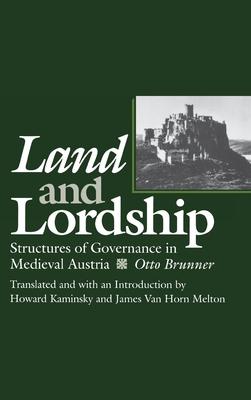Otto Brunner contends that prevailing notions of medieval social and constitutional history had been shaped by the nineteenth-century nation state and its "liberal" order. Whereas a sharp distinction between the public and the private might be appropriate to descriptions of contemporary society, such a dichotomy could not be projected back onto the Middle Ages. Focusing particularly on forms of lordship in late medieval Austria, Brunner found neither a "state" in the modern sense nor any distinction between the public and private spheres.
Behind the apparent disorder of late medieval political life, however, Brunner discovered a coherent legal and constitutional order rooted in the the rights and obligations of noble lordship. In carefully reconstructing this order, Brunner’s study weaves together social, legal, constitutional, and intellectual history.| FindBook |
|
有 1 項符合
james van horn的圖書 |
 |
$ 5097 | Land and Lordship: Structures of Governance in Medieval Austria
作者:Brunner / 譯者:Kaminsky,Howard,Melton,James Van Horn 出版社:University of Pennsylvania Press 出版日期:1992-04-29 語言:英文 規格:精裝 / 498頁 / 22.91 x 15.19 x 2.69 cm / 普通級/ 初版  看圖書介紹 看圖書介紹
|
|
|
圖書介紹 - 資料來源:博客來 評分:
圖書名稱:Land and Lordship: Structures of Governance in Medieval Austria
|










